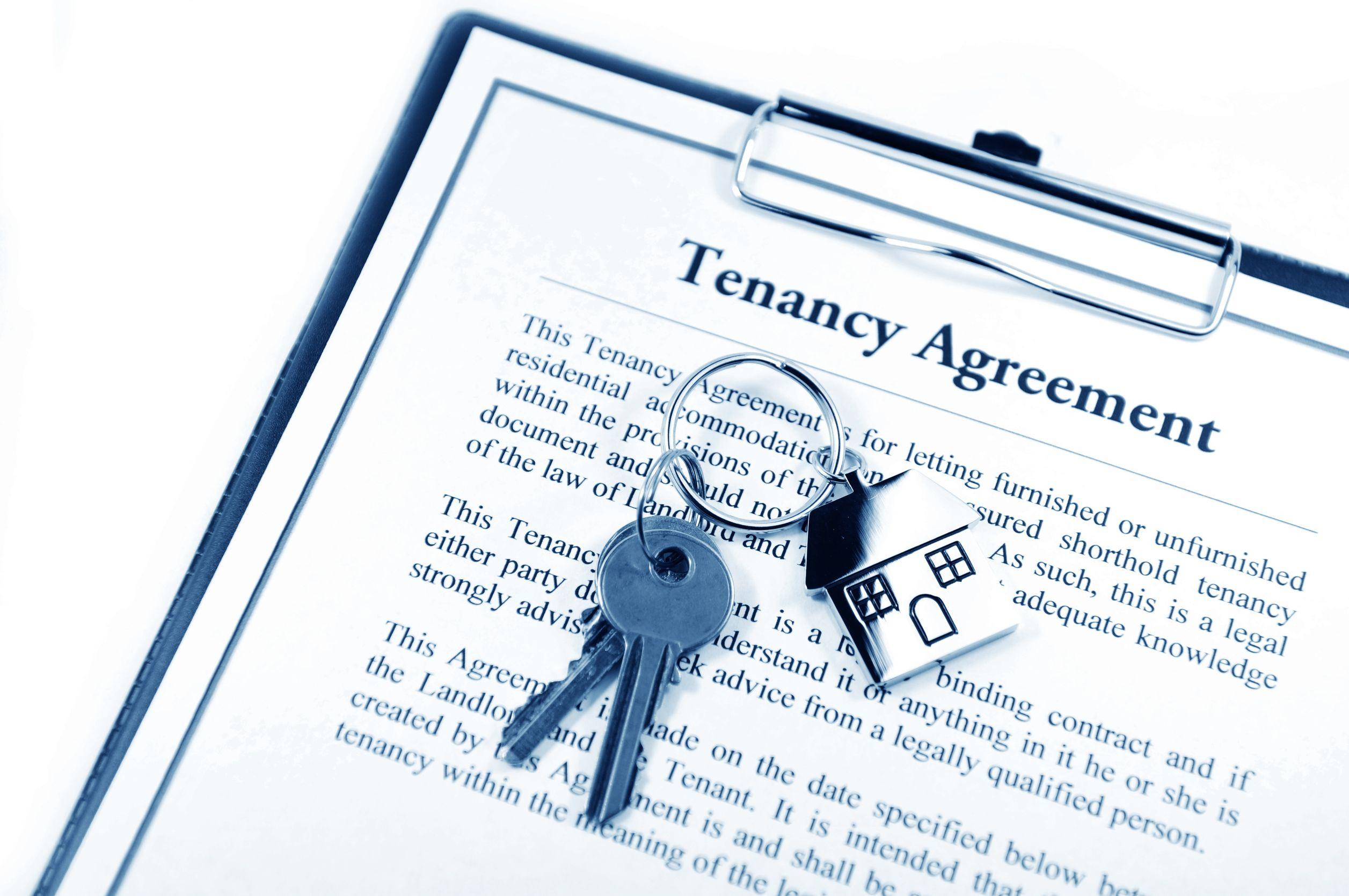Compliance for residential landlords

There has been much speculation about the new Residential Tenancies Bill, which was approved by the Cabinet earlier this week. This Bill proposes new investigative powers for the Residential Tenancies Board (RTB) and potential criminal sanctions for landlords in breach of regulations. If this passes successfully through the Oireachtas, it will become the Residential Tenancies Act, which will give statutory effect to a host of new measures designed to dampen price hikes and to increase protections for tenants in the private rental market. At this moment, this is just a proposal. If or when it passes, we will update all landlord clients.
Current Position:
Whether you are a reluctant landlord or a regular landlord you are legally obliged to follow current rules and regulations to avoid getting into trouble for a compliance breach. The Residential Tenancies Board (RTB) is a public body set up to support and develop a well-functioning rental housing sector. Their role is to regulate the rental sector, provide information to inform procedure, uphold a national register of tenancies; resolve disputes between landlords and tenants and provide information to the public. The RTB is effectively a point of information and guidance for tenants and landlords so it should be used fully.
The things landlords should know about a lease:
There must be a lease, in writing, and it should include the following:
- The sum of rent
- The due date
- Rights of the landlord
- Rights of the tenant
- The lease should also contain other conditions associated with living in the property (note: A lease should not contain terms that contradict legal rights, if it does, the law prevails)
- A landlord cannot have unrestricted access to the property. A tenant must have given previous permission for a landlord to enter the property. It is also advised that a landlord performs regular inspections on their property.
To remain compliant there are some things a landlord needs to do, and they are listed here:
- Register the tenancy agreement with the RTB. If there is a failure to register, then landlords will not be able to avail of the RTB’s dispute resolution service (tenants will) and prosecution is possible.
- Provide tenants with a rent book and receipts of payments.
- Make sure the property is in respectable condition.
- Preserve the property to the standard it was at the start of the tenancy.
- Compensate the tenants for any repairs carried out on the structure if it is within ‘wear and tear’ if it isn’t, then the tenant must pay for repairs or damage themselves.
- Insure the property. Note: Landlords should look after the building, but tenants should look after their contents themselves.
- Provide tenants with information and contact details of any agent who deals on the landlord’s behalf.
- All landlords must pay tax on any rental income received.
- Provide tenants with their contact details if an agent is not being used.
- Give tenants 90 days’ notice of a rent review if applicable. This notice must state the new rent on the property and when the new rent starts.
- Give tenants a written Notice of Termination of tenancy.
- Return deposits to your tenant at the end of tenancy if appropriate.
- Give tenants notice of any upcoming reviews of the property.
The law and rules
By law, a landlord cannot refuse to let a property to somebody because of their gender, marital/family status, sexual orientation, religion, age, disability, race, receipt of State housing payments, such as Rent Supplement or HAP, or membership of the Travelling Community.
By law, a rented property must meet minimum standards. If a property does not meet these minimum standards, a landlord could be prosecuted.
Appliances must be in decent working order. Electrical wiring, gas and water pipes should be in great condition. A hob, oven, grill, fridge, freezer (or combined fridge-freezer), and microwave oven must be provided. There should be access to a fire blanket and fire alarms as well as bin collection points for tenants to avail of. It should be clear in the lease of services that the tenant is responsible for example electricity and refuse.
Stay up to date on the latest information
There have been current changes made to legislation to guarantee renting in Ireland transfers to a more long-term rental sector. Procedures have been introduced to moderate rent increases in certain areas where rents continue to rise. To end a tenancy, landlords must send a valid notice of termination to the tenant. This notice must be in writing, signed by the landlord and dated. It must state when the tenancy is ending and why. If the tenancy has lasted for 6 months or more, a landlord must enter one of the six permitted grounds to end a tenancy.
The RTB is an important resource for tenants and landlords, it is there for everyone’s protection. To find out more you can look on the RTB website for all the latest news and advise. https://www.rtb.ie/landlords
If you are considering buying or selling in the South Wicklow and North Wexford areas in 2018, call into one of our offices (located in Carnew and Gorey) and chat to any of our expert team or you can contact us online at kinsellaestates.ie. We are happy to facilitate overseas buyers and sellers via Skype or similar, outside of regular office hours.
Alternatively, email me directly on michael@kinsellaestates.ie or telephone : +353 53 94 21718
